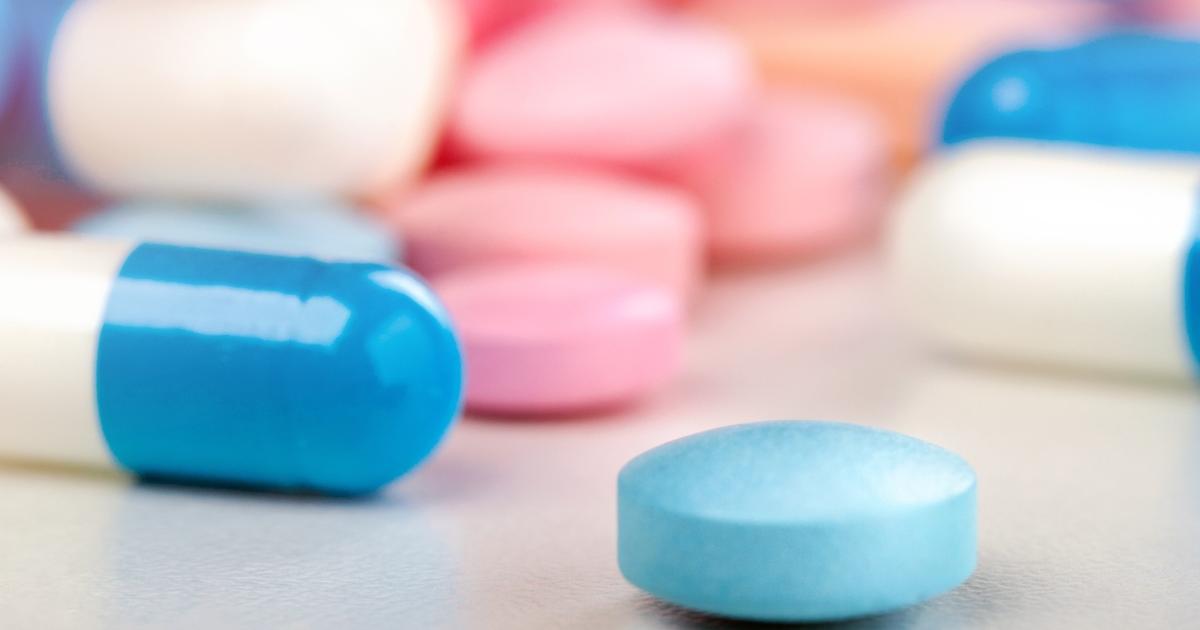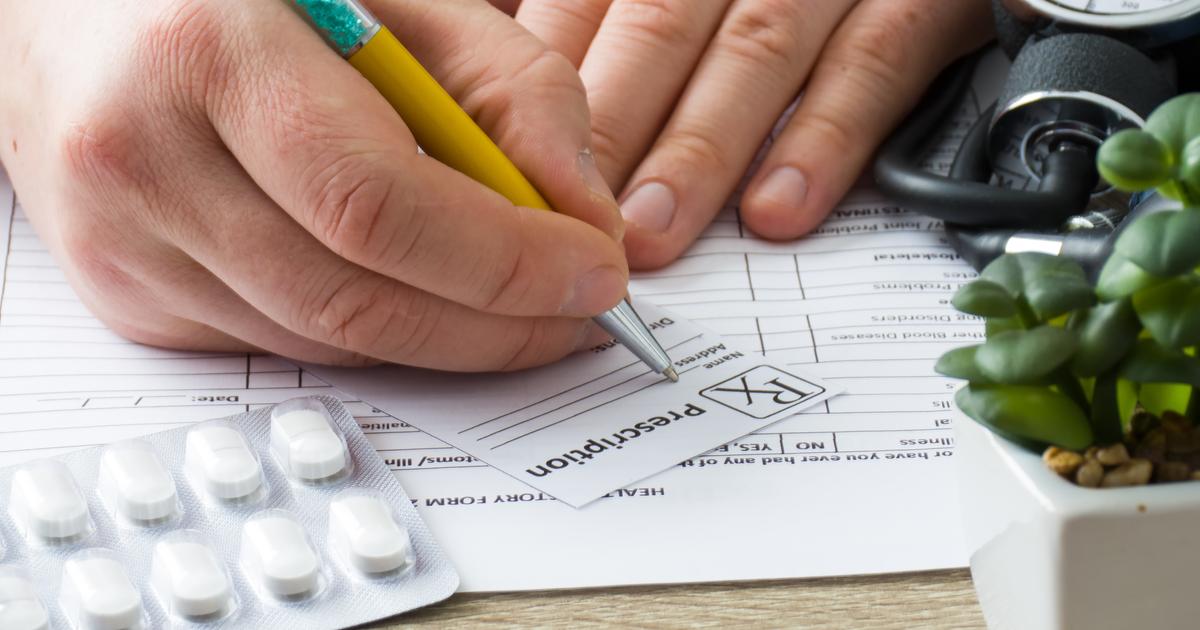Guide To Effective ADHD Treatments
Attention deficit hyperactivity disorder (ADHD) is perhaps the most common neurodevelopmental condition among children. This condition is characterized by inattention, impulsivity, and hyperactivity. It can also affect the social, financial, and educational aspects of a patient's life. Although attention deficit hyperactivity disorder is often diagnosed in childhood, it often lasts throughout adulthood. The good news is with proper treatment, individuals with attention deficit hyperactivity disorder are fully capable of living very productive and successful lives.
Stimulant Medications

Stimulant medications are often prescribed to treat attention deficit hyperactivity disorder. It may seem counter-intuitive to provide this type of medication to an over-stimulated, hyperactive individual, but it works in most cases. This medication helps improve the patient's concentration and focus. Of course, patients and their caregivers (should treatment begin in childhood) should be aware of the potential side effects, which include loss of appetite and loss of sleep. Dry mouth, rapid heart rate, and some other side effects can also be experienced. Some side effects go away, some are worth living with, and some encourage patients to change medications, though this should only be done in consultation with a doctor.
Non-Stimulant Medications

If stimulants do not go over well, there are non-stimulant alternatives. Norepinephrine reuptake inhibitors are non-stimulant medications that prevent cells from absorbing norepinephrine resulting in higher norepinephrine levels outside the cell, where communication with the nervous system occurs. Norepinephrine is a stress hormone that usually gets the body ready for action. It increases heart rate, blood pressure, and increases blood flow to the muscle. So norepinephrine reuptake inhibitors have similar effects as stimulants, just without some of the negative side effects. Although non-stimulant medications have fewer side effects than stimulants, it may take longer to notice their effect on symptoms of attention deficit hyperactivity disorder.
